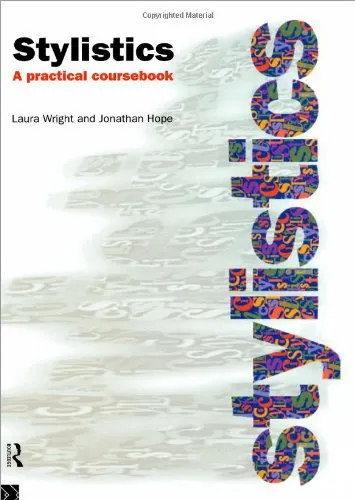Foucault, Psychology and the Analytics of Power
4.6
Reviews from our users

You Can Ask your questions from this book's AI after Login
Each download or ask from book AI costs 2 points. To earn more free points, please visit the Points Guide Page and complete some valuable actions.Related Refrences:
Introduction
Welcome to the world of Michel Foucault through the lens of psychology and power. In my book, "Foucault, Psychology and the Analytics of Power," I delve into the intricate relations between psychological practices and Foucauldian insights on power.
Detailed Summary of the Book
This book offers a critical exploration of Michel Foucault's profound engagement with psychological practices and the operations of power. By examining the historical and philosophical underpinnings of Foucault’s work, it illuminates the multifaceted ways in which psychological discourses are deeply interwoven with broader societal power relations. The study does not merely recapitulate Foucault's theories but dynamically applies his concepts to contemporary psychological practice and research.
One of the central arguments is that psychology, while often perceived as a neutral science, is in fact a potent site of power that shapes individual identities and social norms. The book navigates through several key Foucauldian themes, including biopolitics, discipline, and governmentality, offering a new perspective on how these concepts can be applied within psychological frameworks. Through critical analysis and case studies, it unveils how these concepts operate in realms such as clinical practice, psychiatry, and social psychology, highlighting the pervasive influence of power relations.
Key Takeaways
- The book emphasizes the importance of recognizing power relations embedded in psychological practices.
- It demonstrates how Foucault's theories offer valuable tools for critiquing and understanding the societal impact of psychological knowledge.
- Readers are encouraged to reflect on the ethical implications of psychological intervention and the role of power in shaping human subjectivity.
- It stresses the historical contingency of psychological concepts, urging professionals to consider the socio-political contexts that influence their practice.
Famous Quotes from the Book
"Power is not an institution, and nor is it a structure; it is the name we give to a complex strategic situation in a particular society."
"Psychology, far from being a purely scientific discipline, is enmeshed in networks of power which it serves to perpetuate and transform."
Why This Book Matters
"Foucault, Psychology and the Analytics of Power" is a pivotal text for anyone interested in the intersection of psychology and critical theory. By applying a Foucauldian lens, the book challenges conventional understandings of psychological practices, revealing their role in sustaining power structures. It is essential reading for psychologists, scholars, and students who aim to adopt a critical approach to their disciplines.
Its relevance extends beyond academia, offering insights for practitioners committed to reflective and ethically conscious practices. By understanding the power dynamics at play within psychological frameworks, professionals can better navigate the ethical complexities of their field, fostering practices that are attuned to the needs and agency of individuals.
Free Direct Download
You Can Download this book after Login
Accessing books through legal platforms and public libraries not only supports the rights of authors and publishers but also contributes to the sustainability of reading culture. Before downloading, please take a moment to consider these options.
Find this book on other platforms:
WorldCat helps you find books in libraries worldwide.
See ratings, reviews, and discussions on Goodreads.
Find and buy rare or used books on AbeBooks.
1181
بازدید4.6
امتیاز0
نظر98%
رضایتReviews:
4.6
Based on 0 users review
Questions & Answers
Ask questions about this book or help others by answering
No questions yet. Be the first to ask!














